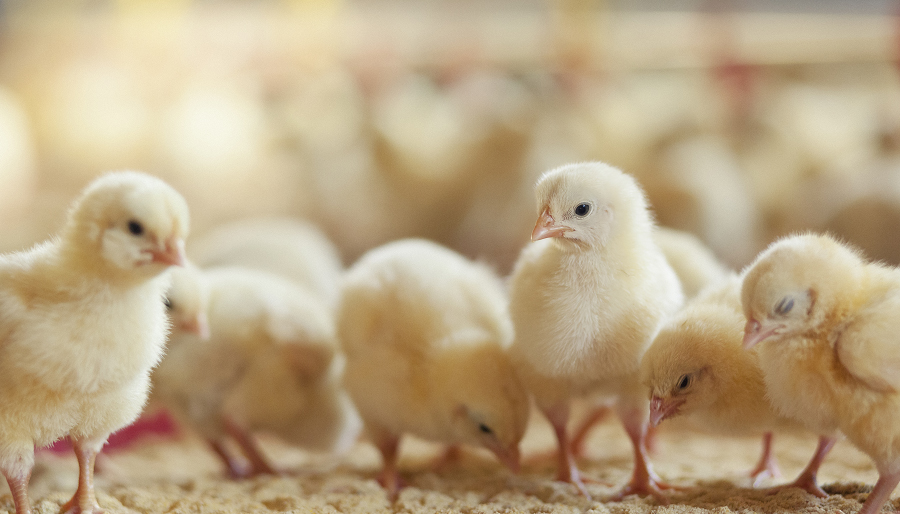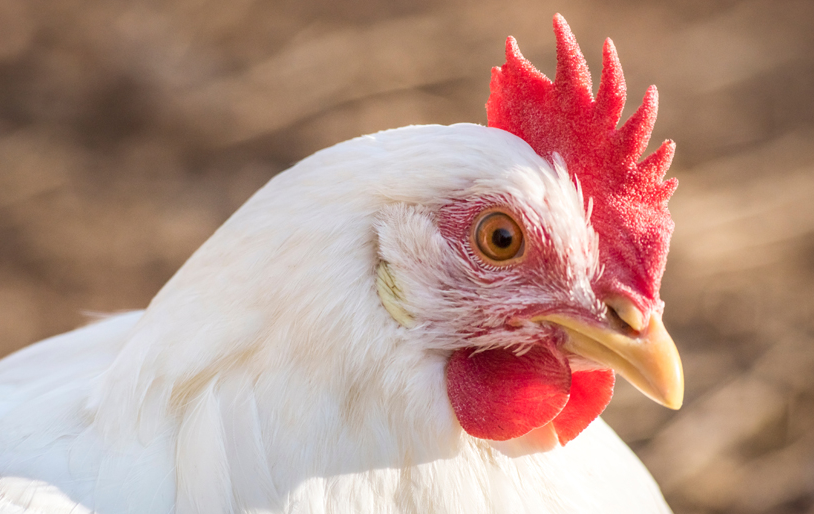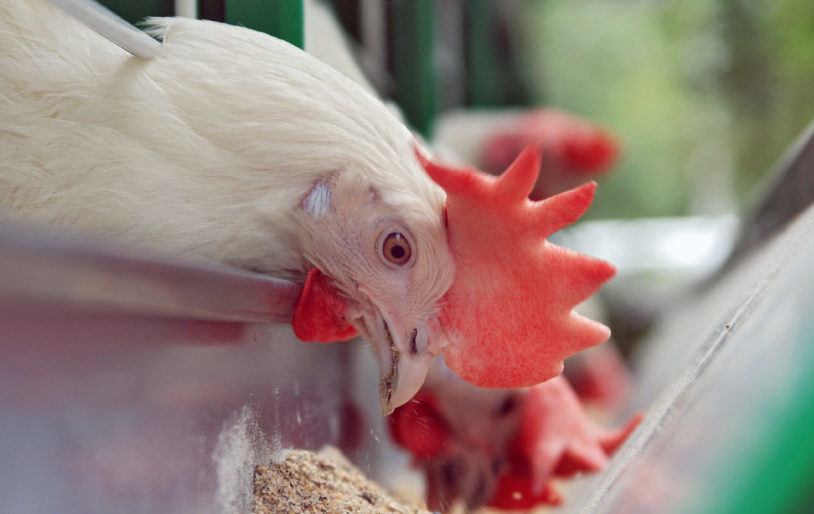Digestive health is a main concern in the poultry industry as it has a high impact on production and mortality rates caused by gut diseases. Traditionally, sub-therapeutic doses of antibiotics have been used as a strategy to improve gut flora, prevent diseases, and enhance growth performance. However, such approach has been discouraged as it poses significant risks to both animal and public health. Indeed, since 2006, the European Union banned the use of antibiotics as growth promoters in livestock production.
The poultry industry has been looking for safer alternatives to antibiotics that could contribute to preserving gut health of broiler chickens, while simultaneously acting as growth promoters. Feed supplementation with probiotics has been proven to be one of the most promising approaches to replace antibiotics due to the notable health and performance benefits.
Probiotics are living microorganisms that improve the health of the host animal species when administered in adequate doses. Probiotics particularly contribute to a healthy gastrointestinal tract by populating it with a stable and diverse community of beneficial bacteria. By enhancing the numbers of these symbiotic bacteria and by promoting a dynamic equilibrium of the microbiota, probiotics prevent the outbreak of harmful bacteria, mainly through a mechanism of competitive exclusion – a process by which potential pathogens are excluded through competition for nutrients. Additionally, beneficial bacteria produce antimicrobial metabolites and adjust the immune response of the animal host, thereby creating a gastrointestinal environment hostile to harmful bacterial species.




